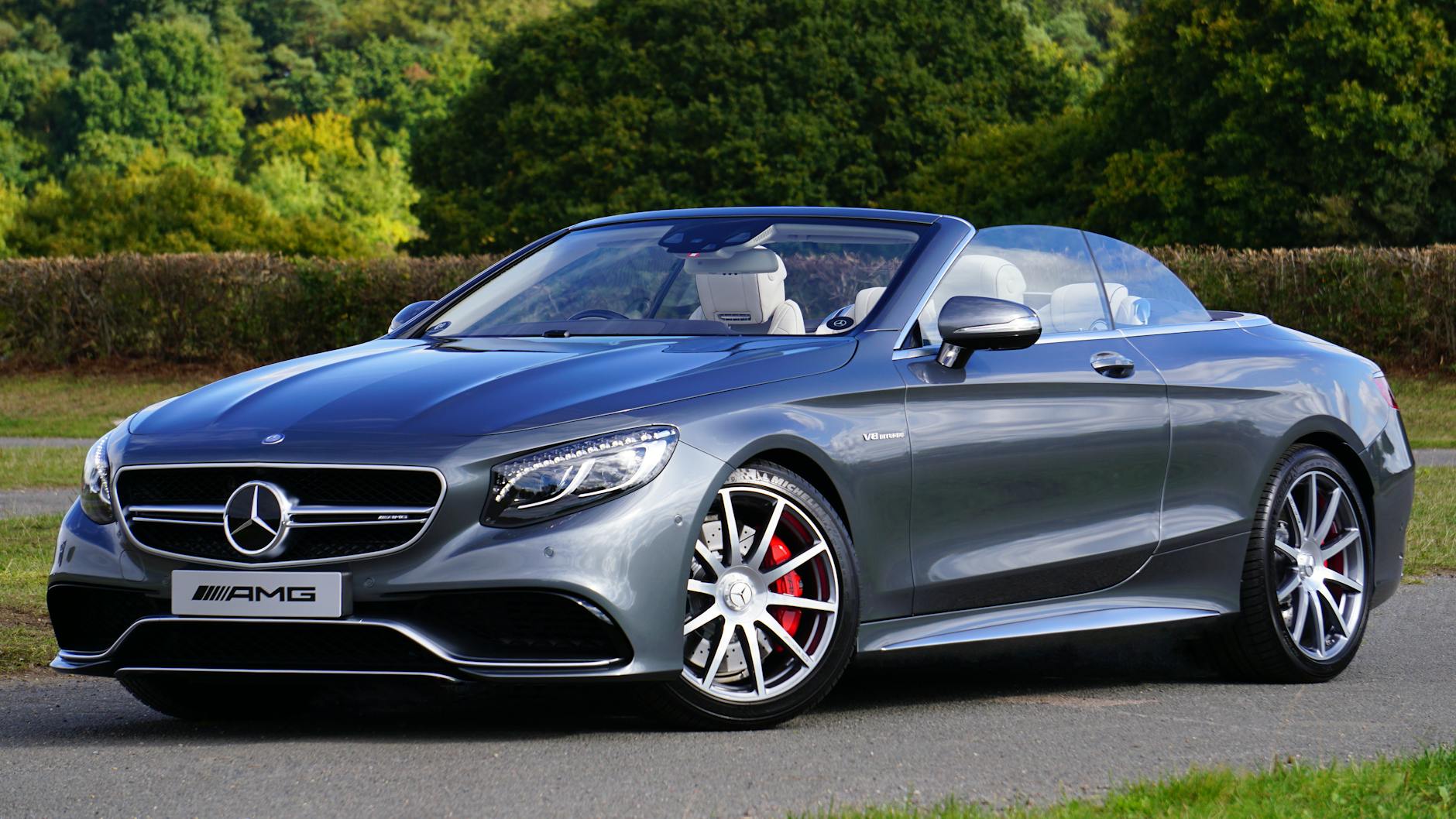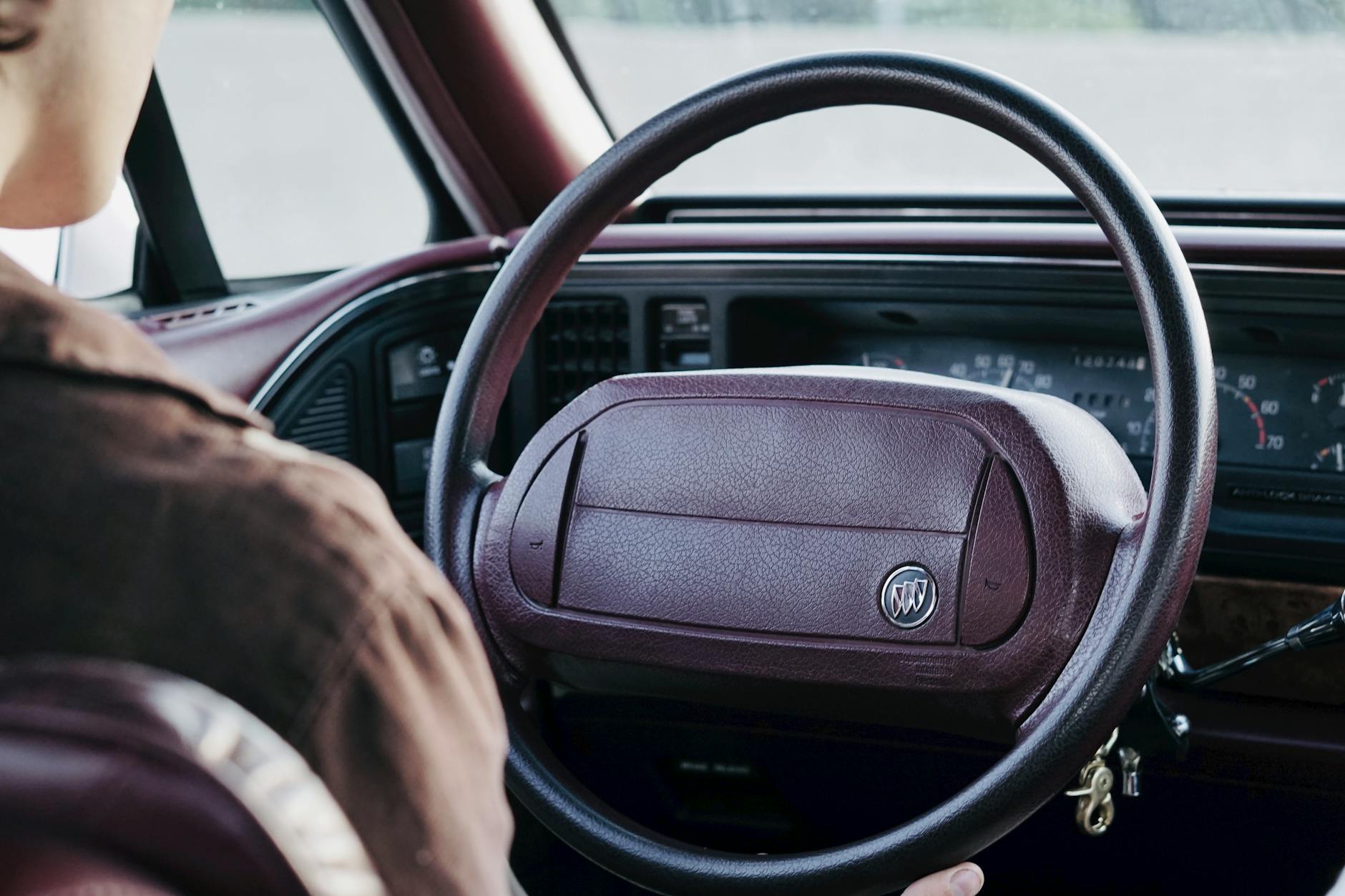How to Find Eco-Friendly Used Cars in Australia

Evaluating Eco-Friendly Car Features
When considering the purchase of a used ford or other used cars, fuel efficiency and emissions are crucial factors. Not only does choosing a fuel-efficient vehicle help in reducing your carbon footprint, but it also means cost savings over time. This is particularly significant if you're cruising from your routine to the serene Mt Coot-tha Botanic Gardens. Look for options with high miles per gallon (MPG) ratings or those sporting eco-friendly badges that signal better environmental performance.
Hybrid and electric options often stand out when evaluating sustainability in vehicles. Hybrids offer a good balance, using both petrol and electric power, which can be a suitable choice for city dwellers. Electric cars, on the other hand, eliminate tailpipe emissions completely. Assessing the state of battery technology, charging infrastructure in Brisbane, and the longevity of models are important in making a feasible choice for eco-conscious drivers like yourself.
Beyond initial appeal, sustainability should be weighed by examining a car's lifecycle impact. Investigating materials used in vehicle production and recyclability can highlight long-term eco-friendliness. Consider models that use recycled materials in their interiors or those with good recyclable rates after retirement. Such vehicles align well with the principles of sustainability and help secure a greener future.
Research & Resources
When searching for a reliable used hyundai or used mitsubishi that aligns with your environmental values, tapping into trusted online platforms can be a game-changer. As a fellow eco-conscious auto enthusiast in Brisbane, I can assure you there are plenty of resources out there to guide you. Begin with forums dedicated to sustainable living, where like-minded individuals share their experiences and advice. This is invaluable for gauging real-world performance and eco-friendliness.
Trusted Online Platforms
One of my go-to platforms is CarsGuide, which offers a comprehensive search tool encompassing eco-friendly parameters like fuel efficiency and emissions ratings. It serves as a reliable starting point, providing comparisons and expert reviews that offer a balanced perspective for someone as environmentally-minded as you. Another highly recommended resource is Gumtree, where you can search listings for fuel-efficient 'used Hyundai' and 'used Mitsubishi' cars from sellers in your local area.
Forums and Reviews
Don't forget to check out user reviews on sites like ProductReview(dot)com(dot)au, which is particularly useful for uncovering any potential issues or advantages from long-term owners of the vehicles you're considering. These platforms can provide you with real-world insights, which are crucial when assessing a car's true sustainability beyond just its initial specs. For more engaging online discussions, I would recommend Reddit’s r/ecoautoadvice. Here, plenty of eco-conscious individuals discuss the merits and pitfalls of various car models, which can further help in your decision-making process. By leveraging these resources, you'll be equipped to make an informed choice that suits your eco-friendly aspirations.
Inspection and Verification
Checking Maintenance Histories
When diving into the world of used cars, thoroughly reviewing maintenance histories is crucial. Identifying a vehicle with a consistent maintenance record can offer peace of mind, particularly if you're eyeing Toyota second hand cars Sydney or a used Subaru. A solid history reveals a lot about how well the car was cared for, potentially identifying any past issues.
Assessing Eco Features
It's not just about performance; assessing a car’s eco features is equally vital to ensure it aligns with your environmental goals. Look for vehicles with advanced fuel-saving technology or those that produce lower emissions. Models with additional eco credentials, such as a good energy efficiency rating, will stand out in an environmentally-conscious inventory.
Engaging a Third-Party Inspection
Lastly, never underestimate the value of a trusted third-party inspection. Not only does this step provide an unbiased assessment of the car’s condition, but it also highlights any potential environmental impacts that may have been overlooked. An inspector can verify critical eco aspects, ensuring your choice meets your sustainability standards. This is a sure way to make a more informed decision just like strolling through Brisbane's Mt Coot-tha Botanic Gardens, where every detail contributes to a harmonious ecosystem.
Test Driving for Efficiency
Planning the Route
Embarking on a test drive involves more than just taking the car around the block. It's about understanding how the vehicle performs in real-world scenarios. When I plan my test drives, I ensure the route includes a mix of conditions. I always account for both city streets and highways, mirroring daily commutes as closely as possible. This way, whether you’re considering a used kia or venturing into the territory of a 2nd hand Hyundai i30, you'll witness their performance first-hand and gauge their suitability for your needs.
Observing Fuel Consumption
Fuel consumption is a fundamental aspect of driving efficiency. During a test drive, I closely monitor how much fuel the car uses across different terrains and driving styles. I like to incorporate eco-driving principles, such as gentle acceleration and braking, to see how they impact fuel usage. This gives a clearer picture of the car's potential to minimise my carbon footprint, aligning with my values of sustainability.
Analyzing the Driving Experience
The driving experience goes beyond just efficiency; it encompasses comfort, handling, and overall satisfaction. As I navigate through varied environments, I pay attention to the vehicle's responsiveness, noise levels, and comfort of the ride. These factors can make a substantial difference when you're spending long hours on the road, ensuring that the car you choose isn’t just eco-friendly, but also a joy to drive.
Common Mistakes
Overlooking Total Costs
One common pitfall when transitioning to an eco-friendly vehicle is disregarding the full spectrum of costs. No doubt the immediate appeal of reduced fuel consumption is enticing, but it's paramount to consider the wider financial picture. Beyond the sticker price, think about ongoing expenses such as servicing, insurance, and potential charging infrastructure upgrades if you're going electric. A practical step could be to research how eco-vehicles affect your budget, while envisioning leisurely rides to local treasures like the South Bank Parklands.
Ignoring Genuine Eco Credentials
Amid the marketing haze, it's easy to be swayed by greenwashing tactics that promise sustainable features without substantial, verifiable benefits. Look for vehicles that boast legitimate certifications. These might include emissions ratings or endorsements from respected eco-organisations. It's wise to tap into Brisbane's savvy circles, perhaps during visits to community hubs like the Brisbane Powerhouse, to gather insights on what genuinely holds water in our eco-conscious era.
Neglecting Reliability Test Reviews
The charm of an eco car might diminish if reliability issues arise down the road. Prioritising reliability test reviews can prevent costly surprises, ensuring you enjoy serene drives up to the Mt Coot-tha Botanic Gardens. Trustworthy consumer reviews and industry publications are valuable resources that help you discern between robust options and those that might leave you stranded. Integrating these learning sources into your buying process will bolster confidence in your choice and foster a more sustainable journey.


